In terms of racism, I’m glad you haven’t encountered too much trouble, but I do find that quite surprising. Maybe it really depends on where in england you are as well.
I am just saying personally, it could’ve been worse. Hell, some of my friends and family had slurs shouted at and overall disgusting and nasty behaviour like you mentioned.
And to add on to it, my disability basically makes me a recluse so can’t really be a victim if I am not outside but generally the areas I am in (treading carefully here so I do not dox myself) I see more non-white people than white people. At most it is a 50/50.
Edit: & assuming you’re the same person as hexbear’s Neptium
Yup same person and thank you! I took a break from that as I am bit busy at the moment. I may continue again later but I’ll need to find a more efficient way at compiling news.







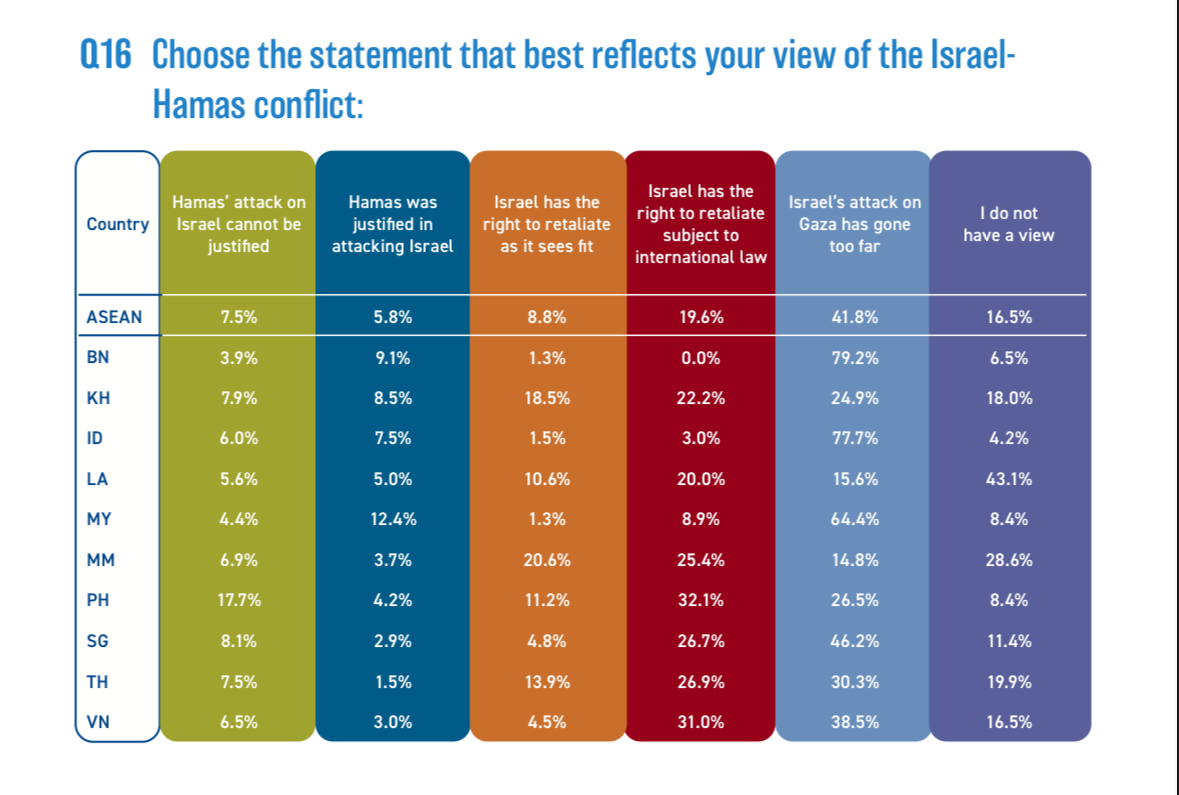

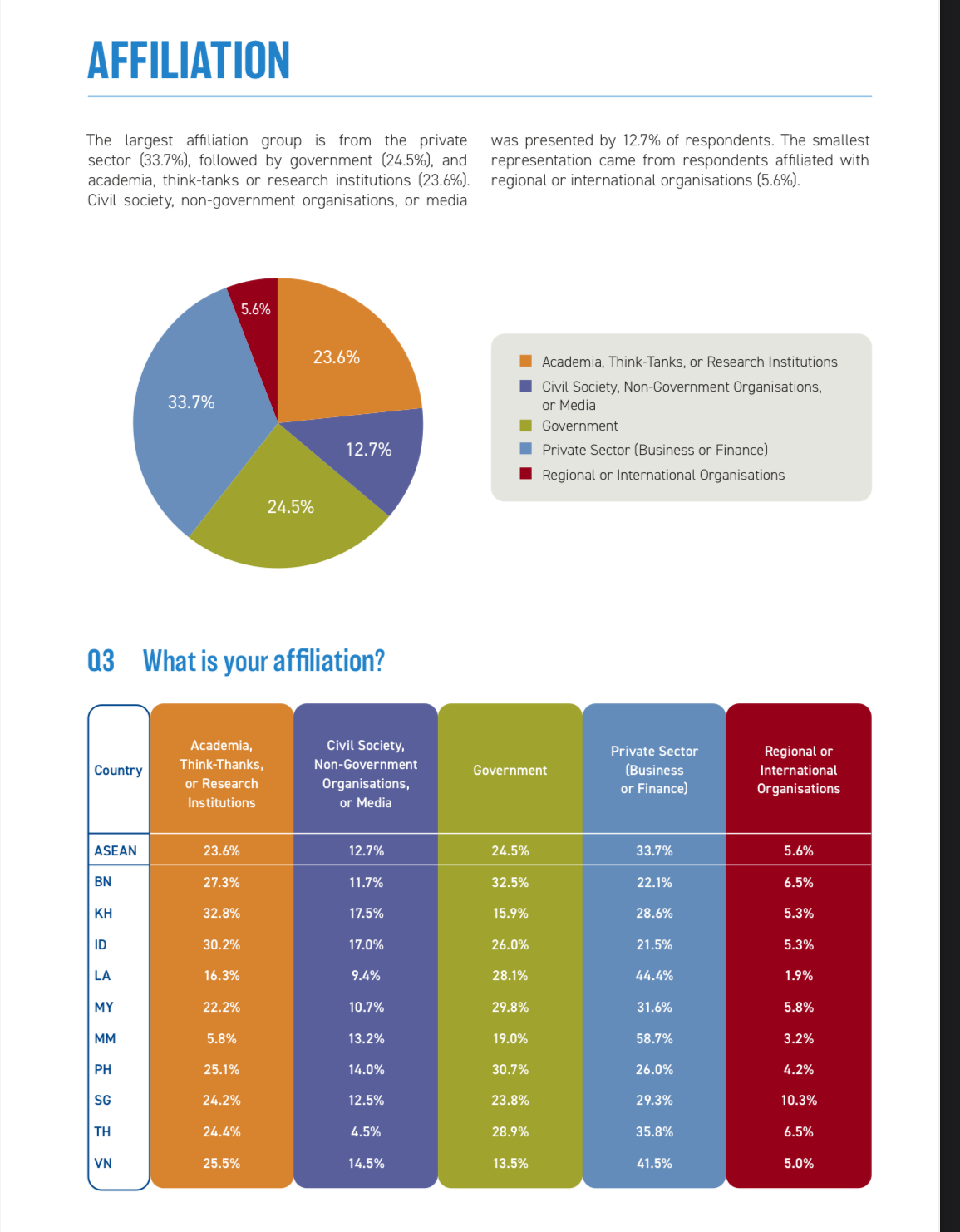


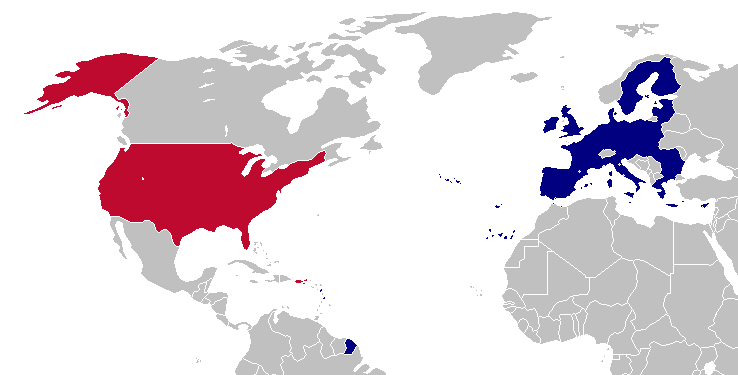

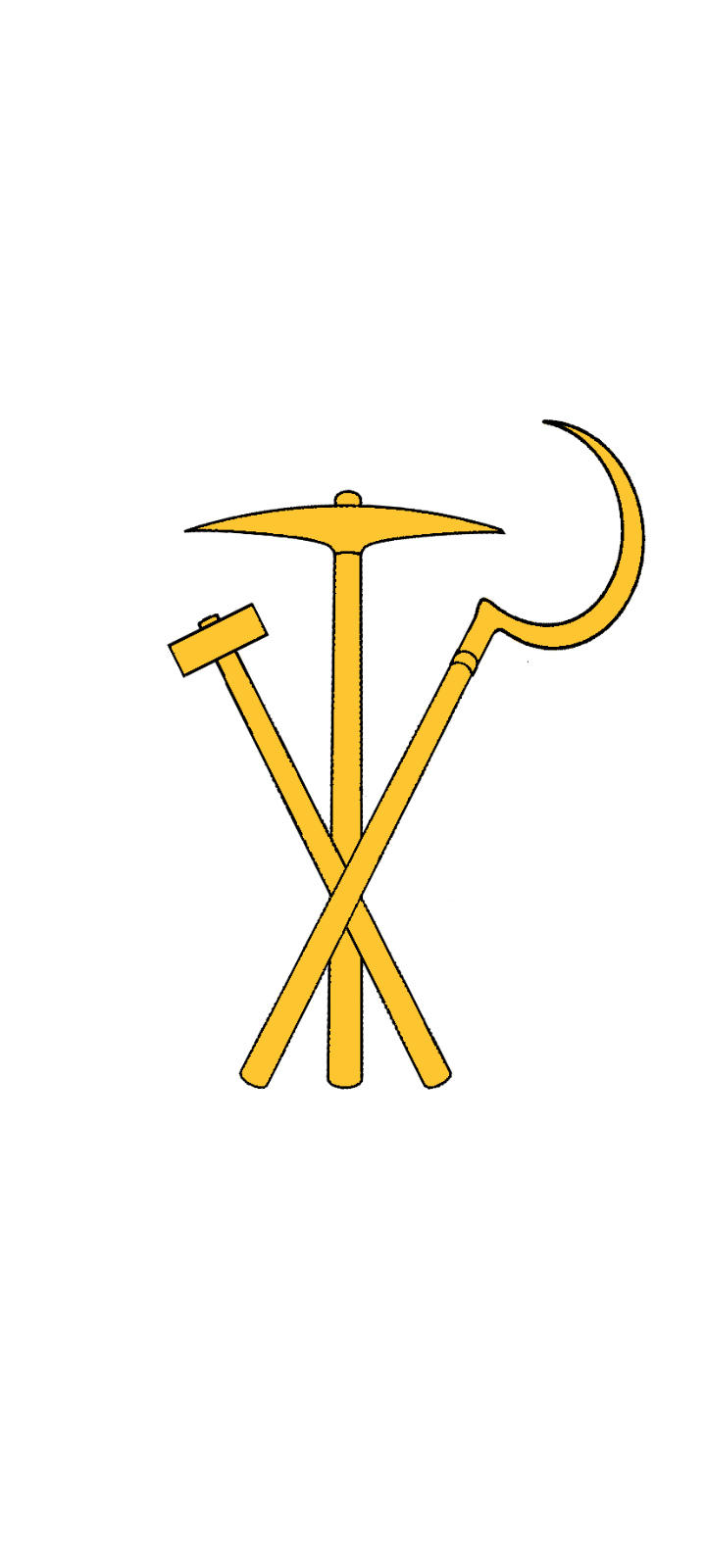
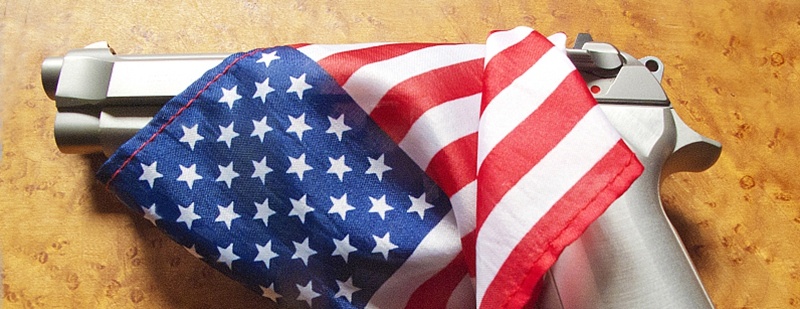


Yeah, I’ll just respect whatever the mods decide. Can’t say I am an expert in Eastern European racialisation.